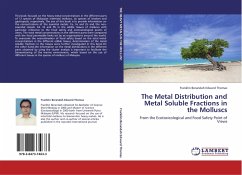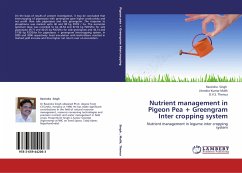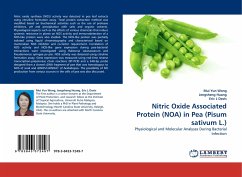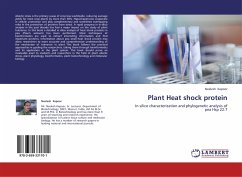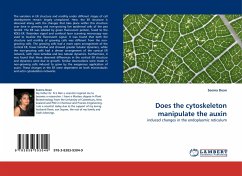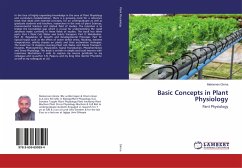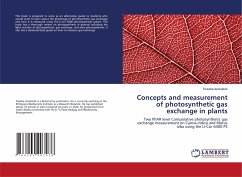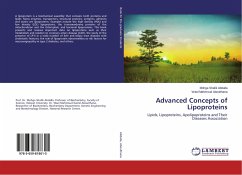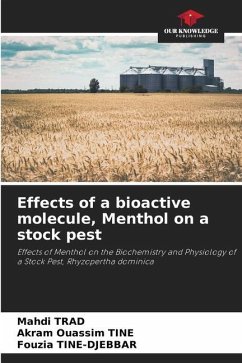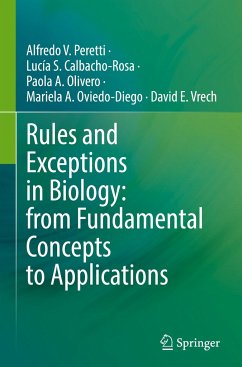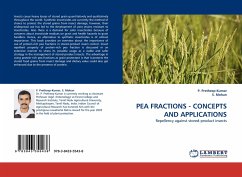
PEA FRACTIONS - CONCEPTS AND APPLICATIONS
Repellency against stored-product insects
Versandkostenfrei!
Versandfertig in 6-10 Tagen
32,99 €
inkl. MwSt.

PAYBACK Punkte
16 °P sammeln!
Insects cause heavy losses of stored grain quantitatively and qualitatively throughout the world. Synthetic insecticides are currently the method of choice to protect the stored grains from insect damage, however, their widespread use has led to the development of pest strains resistant to insecticides. Also there is a demand for safer insecticides because of concerns about insecticide residues on grain and health hazards to grain handlers. Hence, an alternative to synthetic insecticides is of utmost importance. This book provides an overview about the importance of use of protein-rich pea fra...
Insects cause heavy losses of stored grain quantitatively and qualitatively throughout the world. Synthetic insecticides are currently the method of choice to protect the stored grains from insect damage, however, their widespread use has led to the development of pest strains resistant to insecticides. Also there is a demand for safer insecticides because of concerns about insecticide residues on grain and health hazards to grain handlers. Hence, an alternative to synthetic insecticides is of utmost importance. This book provides an overview about the importance of use of protein-rich pea fractions in stored-product insect control. Insect repellent property of protein-rich pea fraction is discussed in an extensive manner to stress its possible usage as a viable and safer strategy in the management of stored-product insects. The advantage in using protein-rich pea fractions as grain protectant is that it protects the stored food grains from insect damage and dietary value could also get enhanced due to the presence of protein.



